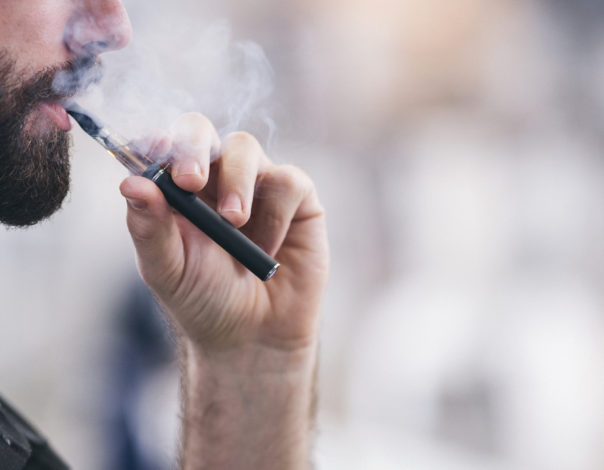Vaping-Related Lung Injuries
The State of Arizona is suing Juul Labs, the controversial leading maker of vaping products. A primary complaint against Juul is the targeting of children and teens with their products and marketing. Some recent changes have been made to curb marketing to teens, but many believe the damage is done, and this young audience continues to be drawn to the products. The Attorney General, Mark Brnovich, is suing specifically for violations of Arizona’s consumer fraud laws. In Arizona, consumer fraud includes not only deception and unfair practices, but also false pretense, misrepresentations, and nondisclosures.
Understanding Vaping
Juul is an electronic cigarette. However, this does not mean it is a safe alternative to smoking cigarettes. In fact, the Attorney General points out that one of Juul’s pods has more nicotine than an entire pack of cigarettes. Even though the rates of teens using cigarettes has dropped substantially, many see the introduction of Juul as a destructive end to the seemingly healthy trend. Research says that in the late 1990s, approximately 25% of high school seniors said they smoked cigarettes on a daily basis. By 2018 that rate had plummeted to under 4%. Recently, however, studies have shown that more than 40% of high school students have vaped at some point. Some teens report that they only vape with the fruit flavors. Unfortunately, this statement may indicate that teens incorrectly believe the fruit flavored pods do not contain nicotine or contain less of the dangerous substance.
Vaping-Related Lung Injuries
Since January 14, 2020, the Centers for Disease Control and Prevention (CDC) has reported 54 vaping-related deaths and 2,668 cases of hospitalized vaping-related lung damage. Per the CDC, laboratory data show that Vitamin E acetate, an additive in some THC-containing e-cigarette, or vaping products, is strongly linked to the illnesses. Further testing is necessary to rule out the contribution of other chemicals of concern, including chemicals in either THC or non-THC products.
Health Recommendations
The CDC and FDA recommend that people not use THC-containing e-cigarette, or vaping products, particularly from informal sources like friends, family, or in-person or online dealers. Vitamin E acetate should not be added to any e-cigarette, or vaping, products. Additionally, people should not add any other substances not intended by the manufacturer to products, including products purchased through retail establishments. Adults using nicotine-containing e-cigarettes or vaping products as an alternative to cigarettes should not go back to smoking; they should weigh all available information and consider quitting tobacco products. E-cigarette, or vaping products should never be used by youths, young adults or women who are pregnant. Adults who do not currently use tobacco products should not start using e-cigarette or vaping products.



